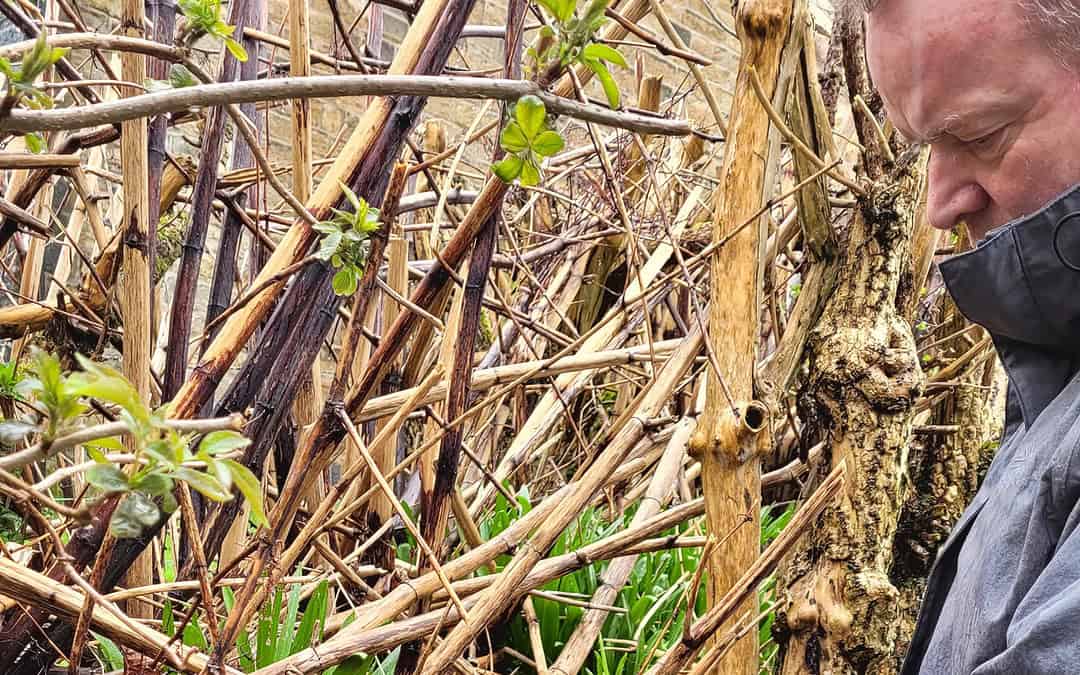Is Japanese knotweed a problem in New Zealand?
Japanese knotweed was introduced to New Zealand in the mid-19th century as an ornamental plant. It is thought to have been brought to the country by European settlers, who appreciated its attractive appearance and used it to adorn their gardens. Now, it has since spread to many parts of the country. It is particularly prevalent in areas with disturbed soils, such as along roadsides and riverbanks.
Over time, the plant spread beyond its intended planting locations. It’s considered an invasive species in New Zealand. The plant is particularly well-suited to disturbed soils and can thrive in various habitats, contributing to its spread throughout the country.
Furthermore, it’s an invasive plant species capable of growing quickly and aggressively, outcompeting native vegetation and damaging infrastructure, such as buildings and roads.
Efforts are now underway to control and eradicate the plant from affected areas, minimising its impact on the environment and economy.
Efforts are underway to control the spread of Japanese knotweed in New Zealand. This includes the use of chemical treatments, mechanical removal, and biological control methods. However, eradicating the plant from the country is a difficult task. This is due to its ability to regrow from small pieces of root or stem. Additionally, the fact that it can be easily spread by human activities such as construction and landscaping.
Japanese knotweed has the potential to cause significant economic damage through the cost of controlling and eradicating infestations and through the impact on property values. Infestations can also negatively impact biodiversity and ecosystem function, as they can displace native plants and alter soil chemistry.
Furthermore, Japanese knotweed can potentially affect house loans in New Zealand. Banks and other lenders may be reluctant to provide loans for properties with Japanese knotweed infestations, as the plant can cause damage to buildings and other infrastructure and may reduce the property’s value.
Is Japanese knotweed a problem in New Zealand first home buyers
Some lenders can require a survey of the property to assess the extent of any Japanese knotweed infestation. They will look at the impact on the property value. In some cases, lenders may refuse to lend on a property if the infestation is severe or if there is a risk of damage to the property.
It is important to note that the impact of Japanese knotweed on property values and lending decisions can vary. This, of course, depends on the location and severity of the plants. This will include other factors, such as the condition of the property and the local housing market.
Working with a qualified professional to deal with Japanese knotweed is essential in New Zealand. Japanese knotweed is a challenging plant to control and eradicate, and improper treatment can lead to further spread and damage.
Ministry for Primary Industries (MPI) as Biosecurity Pesticide Applicators
Professionals may hold several qualifications and certifications. To deal with Japanese knotweed in New Zealand. For example, some professionals may be certified by the Ministry for Primary Industries (MPI). As Biosecurity Pesticide Applicators, they are allowed to use herbicides to control invasive species like Japanese knotweed. Additionally, other professionals may hold qualifications in horticulture and arboriculture. Or other related fields that give them the knowledge and skills to manage Japanese knotweed effectively.
It’s important to work with a qualified professional who has experience in dealing with Japanese knotweed. As well as a good understanding of the local regulations and best practices for controlling and to kill the plant. This will help to ensure that all treatments are carried out safely and effectively. Ensuring that the infestation is properly managed to prevent further spread and damage.
